The best go-to method for reducing your risk of infection is to wash your hands. Next time you reach for the soap, here is some news you can use.
For years, soaps and healthcare products touted their "antibacterial" properties. While soap was good, antibacterial soap had to better, and while you are at it, antimicrobial socks could help your feet stink less. Better living through chemicals never seemed so easy.
The evidence is mounting that antibacterial and antimicrobial products may not be doing us any favors — in fact — they could be contributing to the problem with multi-drug resistant bacteria. How? First, let's look at why we wash our hands in the first place.
Want to Get Sick Less? Wash Your Hands
Your hands, as clean as they look, are covered with microbes, some of them good, some of them, not-so-good. In fact, your hands have their own "microbiota," a teeming residential community of microbes that live on your skin. On each square centimeter of skin, you are looking at about 1,500 bacteria. Some are permanent residents; some are just passing through.
The largest community of bacteria on your hands are from the group Staphylococcus. Unless they enter a wound, these bacteria are usually harmless. They also function to crowd out dangerous bacteria and reduce inflammation caused through injury and those previously mentioned bad actor bugs.
When you wash your hands, the goal is to get off the dirt and dangerous bacteria. Soap has properties that loosen soil, and microbes in that soil, and on your hands. Using soap also ensures that you are washing your hands for a longer period. As you wash your hands, dangerous germs go bye-bye. Here are some tips:
- Wash your hands in running water. Most people do. As your hands become wet, turn off the faucet and apply soap, to save water and help you wash longer.
- Hum the "Happy Birthday" song twice through and rub your hands together, between fingers, and the backs of your hands. Microbes are everywhere (especially under your fingernails), and when you rub, you do a better job dislodging them.
- When done, dry your hands with a clean towel at home, or a paper towel in a restroom. Bathrooms are microbial wonderlands, and using an air dryer disperses airborne germs, whereas paper towels dispense virtually none when they're in the trash.
While washing your hands does not leave your hands sterile, it reduces the bioload to a manageable level if you want to eat food, or avoid passing germs to others. So what happens when you use antimicrobial products?
Antimicrobial Products Don't Do Much Good
Antibacterial chemicals do the same thing as soap except when it comes to the end-game, to reduce the bacteria on your hands, but antibacterials also inhibit the remaining bacteria on your skin from reproducing.
While that sounds like a good idea — it does not stand up to science. As we learn about the amazing capabilities of our gut microbiota, and the heavy lifting is done by helpful microbes throughout our body, the days of killing every bacteria in sight no longer make sense.
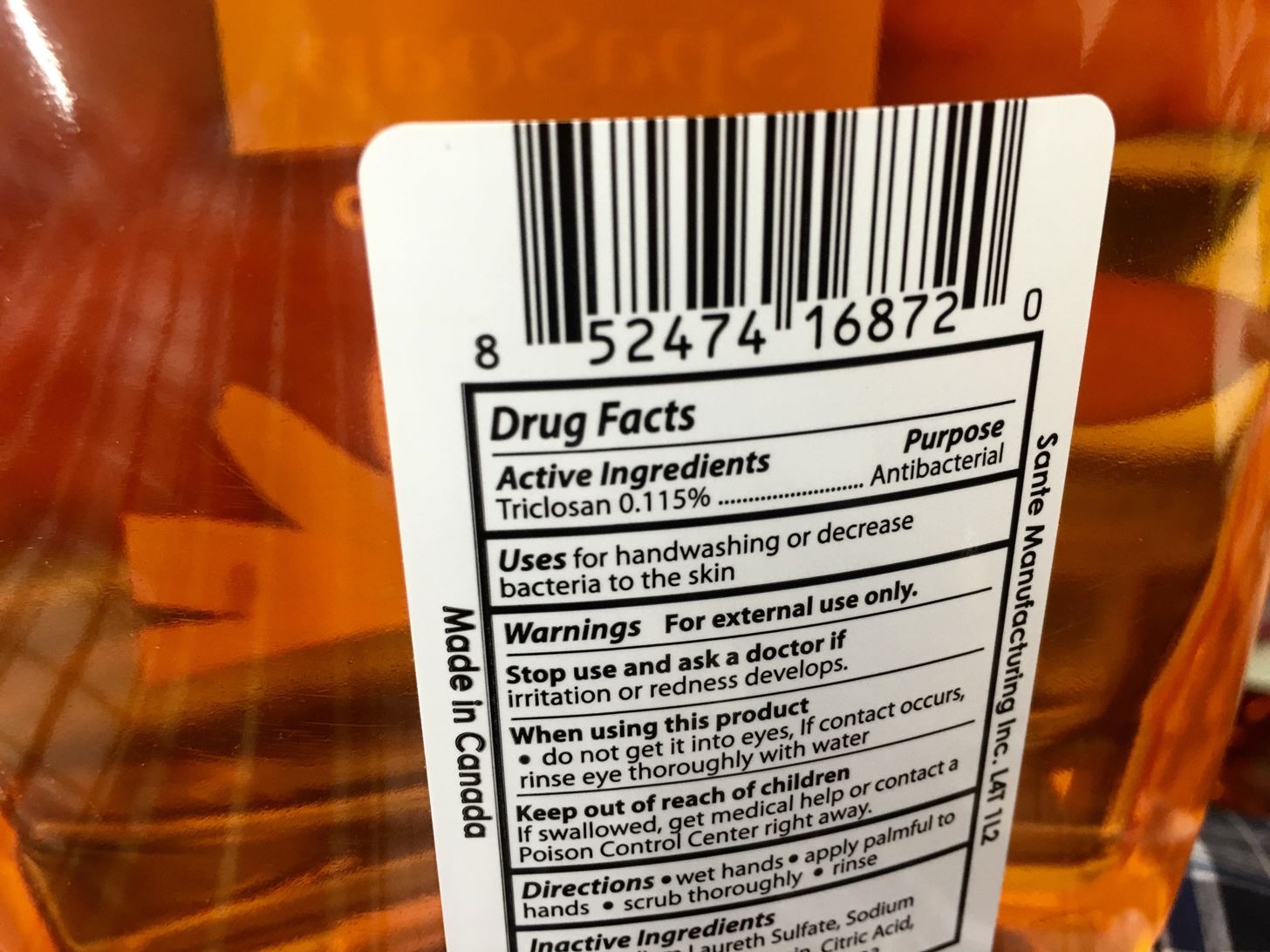
When you wash your hands with regular soap, the good guys and the bad guys go down the drain. Good bacteria usually outnumber harmful bacteria on your hands, unless antibacterials hold them back from multiplying. Because they are less rugged than the resistant, dangerous bacteria, using antibacterial soaps can be a game-changer for the microbial populations on your skin, giving dangerous pathogens a better chance to create the next generation of harmful microbes, and the next, and the next.
What Is Being Done About the Problem of Antimicrobials?
Triclosan was once a well-known antibacterial compound in many antibacterial products. In September 2016, the US Food and Drug Administration (FDA) banned the sale of soaps that contained some antibacterial chemicals, including triclosan. Overall, the ban removed 20 different compounds from soaps, both liquid, and bar. The action followed a proposed rule from the FDA to ban these compounds if manufacturers could not prove they had any useful purpose.
Despite this promising step, the scope of the ban is limited, impacting only soap and soap wash products that contained the banned ingredients. So, while you won't have an easy time finding the banned antimicrobials in a bar or liquid soap form, you can still get your fill in a wide variety of consumer products. It's still found almost everywhere: hand creams, shaving products, lotions, toothpaste, food containers, blankets, furniture, hairbrushes — even curtains. Do you see the problem?

In a statement published in the Journal Environmental Health Perspectives, more than 200 medical professionals and researchers added their voices to the growing conversation about the dangers of triclosan and its relative triclocarban. Called "The Florence Statement," the document expresses scientific concern for the "the continued widespread use of the chlorinated antimicrobials triclosan and triclocarban…" Their concern is fueled by points that include:
- The continuing use of the chemical in more than 2,000 consumer products.
- Wide detection and persistence of the chemicals in the environment, aquatic plants and animals, and human urine, blood, and breast milk.
- The tendency of these chemicals to behave as endocrine disruptors that cause reproductive abnormalities in lab studies conducted to date.
- These chemicals may be contributing to the problem of antibiotic resistance.
While asking for a greater limit on the production and use of the chemicals, the group also recommends people avoid their use and find safer alternatives. For industry, the group calls for better labeling and greater investigation of the chemicals throughout their entire lifecycle.
In a press release, Rolf Halden, an engineering professor at Arizona State University remarked:
Scientists and health professionals agree that non-medical uses of antimicrobials should be reduced. Environmental and human exposures to triclosan and triclocarban are widespread, affecting pregnant women, developing fetuses, and breast-feeding babies. We must develop better alternatives and prevent unneeded exposures to antimicrobial chemicals.
Just updated your iPhone? You'll find new emoji, enhanced security, podcast transcripts, Apple Cash virtual numbers, and other useful features. There are even new additions hidden within Safari. Find out what's new and changed on your iPhone with the iOS 17.4 update.
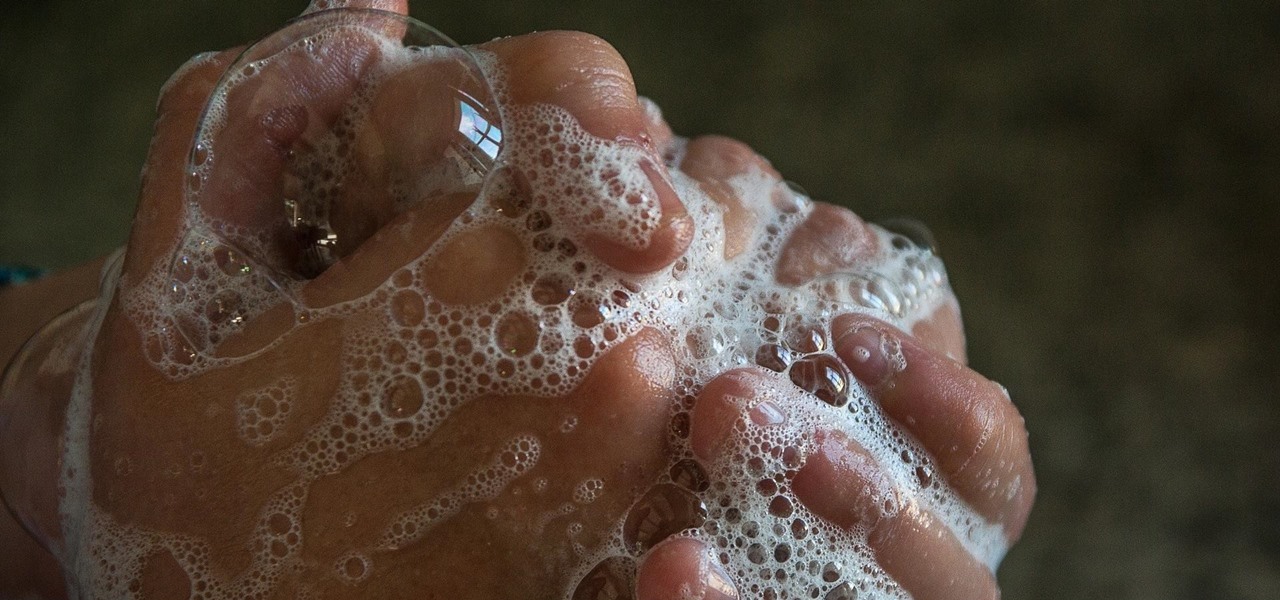


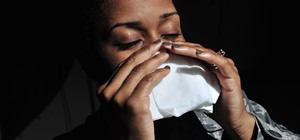
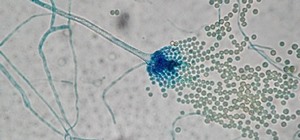
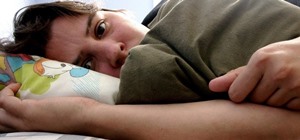
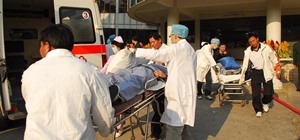
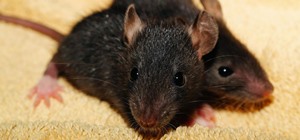
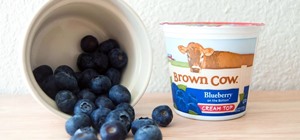
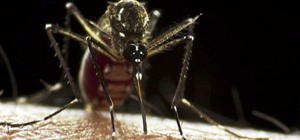
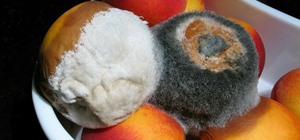




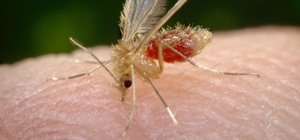
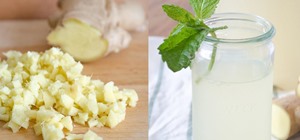

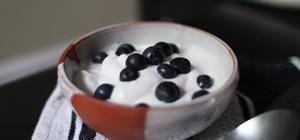
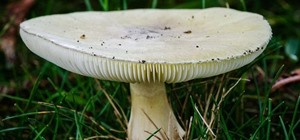
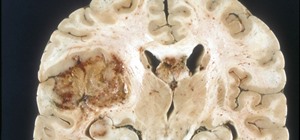
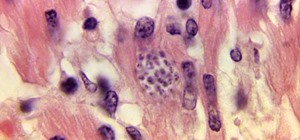

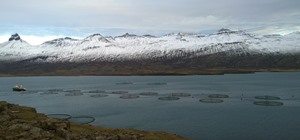
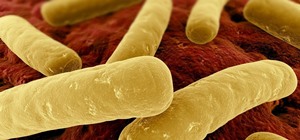
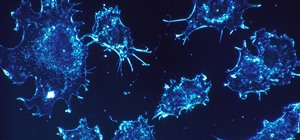
Be the First to Comment
Share Your Thoughts